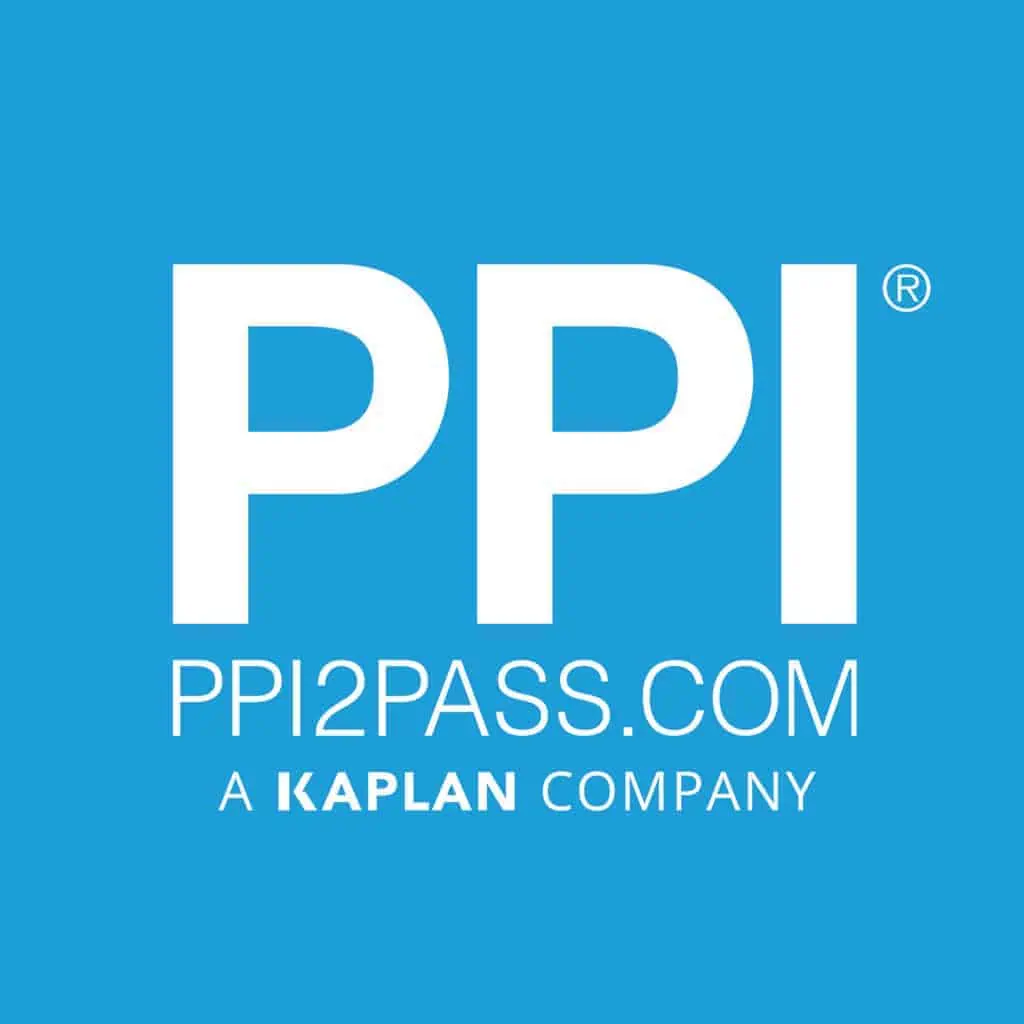In this article (and video above), I talk with Joy Lanham, PE, PTOE, President & CEO of Lanham Engineering, LLC, about the significance of attaining your engineering license, her journey of establishing her own company and the pivotal role the engineering license played in her success.
Here Are Some of the Key Points Discussed in This Episode:
- Having the word “engineering” in the business name often requires the majority owner to hold a PE license.
- The PE license adds credibility to an engineer’s profile and assures clients of the individual’s competence. It signifies a commitment to the profession and a thorough understanding of engineering principles.
- Larger companies often require a PE license for career progression.
- Having a license opens up opportunities for project management roles and ownership positions within firms.
- The PE license plays a crucial role in project proposals, client trust, and overall business credibility.
- Obtaining a PE license provides flexibility and opens doors to various career paths, including entrepreneurship.
About: Joy Lanham, PE, PTOE

She is actively involved in professional organizations in Columbus including WTS, ACEC, ASHE, and ITE. She currently serves on the National WTS DBE/WBE/Small Business Committee, as the chair for the ACEC Ohio Small Firms Committee, and serves on the ACEC/ODOT Liaison Committee. She is passionate about mentorship, currently part of The Ohio State University Civil Engineering Mentorship program and co-chairs the WTS Columbus Mentorship Program.
Joy also serves as treasurer for non-profits including Yay Bikes, the OSU Women in STEMM Alumni Society, and her golf club’s Ladies Golf Association. Ms. Lanham holds a Bachelor of Science in Civil Engineering from The Ohio State University.
Her likes include golf, Las Vegas, and true crime podcasts. Her dislikes include beets, the Boston Red Sox, and meetings that should be an email.
Sources:
Lanham Engineering, LLC
Connect with Joy Lanham, PE, PTOE, on LinkedIn
This Episode Is Brought to You by PPI
PPI
I hope you found this article helpful. In upcoming articles, I will solve some more PE exam practice problems and answer other questions from our subscribers. Pass the PE Exam videos will publish weekly, so be sure to click the subscribe button so you don’t miss something that could make a substantial difference in your exam result.
Lastly, I encourage you to ask questions in the comments of this video, or on this page and I’ll read and respond to them in future videos. So, if there’s a specific topic you want me to cover or answer, we have you covered.
I’ll see you next week… on Pass the PE Exam
Anthony Fasano, P.E.
Engineering Management Institute
Author of Engineer Your Own Success














 Matthew currently serves as the operations leader for the Engineering Management Institute. As a leader, Matthew’s goal is to ensure the efficacy and efficiency of the Learning and Development group. As a civil engineer by trade, Matthew has developed a passion for construction and stormwater management by way of maintenance and rehabilitation services. Matthew has also had experience working for private consulting firms and public agencies and has even held the role of an educator. As such, he loves to lead, build, mentor, and help those in need.
Matthew currently serves as the operations leader for the Engineering Management Institute. As a leader, Matthew’s goal is to ensure the efficacy and efficiency of the Learning and Development group. As a civil engineer by trade, Matthew has developed a passion for construction and stormwater management by way of maintenance and rehabilitation services. Matthew has also had experience working for private consulting firms and public agencies and has even held the role of an educator. As such, he loves to lead, build, mentor, and help those in need.










